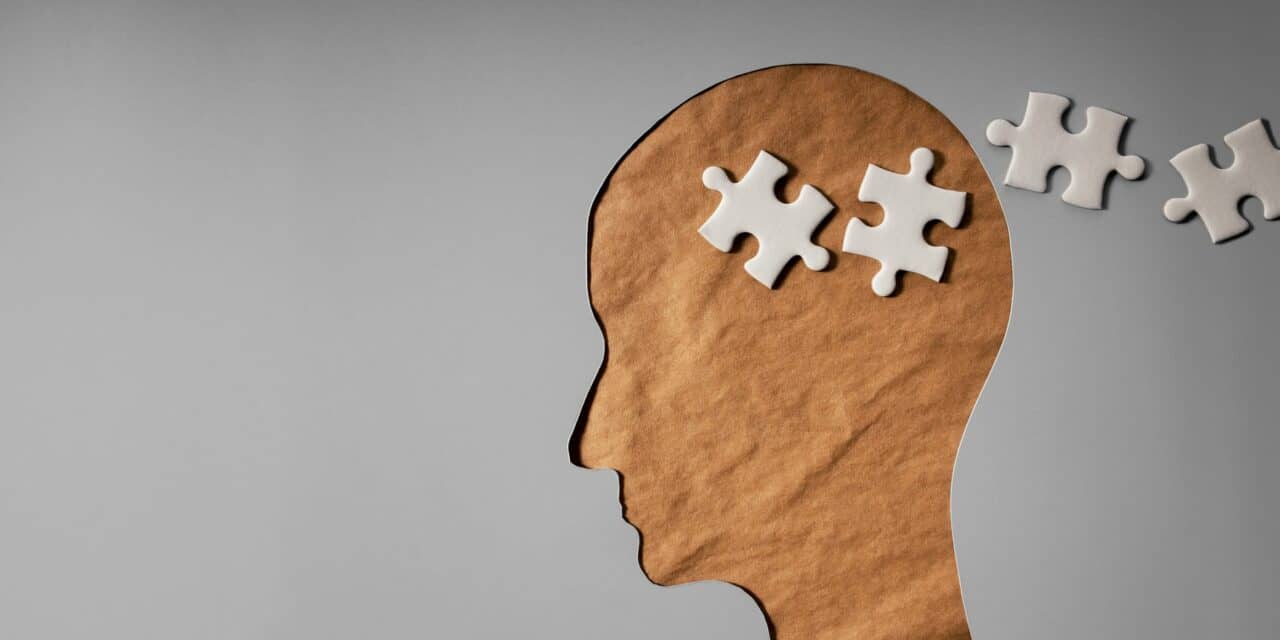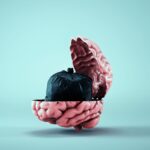A study presented at the European Respiratory Society International Congress linked obstructive sleep apnea (OSA) to worsening of specific cognitive functions in the elderly, particularly to people who are 74-years-old and older and in men. Interestingly, the study also found that some cognitive functions did not appear impacted by sleep apnea.
Raphaël Heinzer, MD, PhD, director of the Centre for Investigation and Research on Sleep (CIRS) at Lausanne University, Switzerland, Nicola Marchi, also of Lausanne University Hospital, and colleagues, studied people aged 65 years and over from the general population of Lausanne who were recruited to the CoLaus/PsyCoLaus and HypnoLaus studies between 2003 and 2008, and who were followed up every five years.
Three hundred fifty-eight participants took a sleep test to examine the presence and severity of obstructive sleep apnea when they joined the studies. During the first follow-up between 2009 and 2013, their mental processing abilities were also tested and another cognitive assessment took place during the second follow-up five years later.
The cognitive tests assessed global cognitive function (knowledge and reasoning skills), processing speed (time taken to understand and react to information), executive function (ability to organize thoughts and activities, prioritize tasks, and make decisions), verbal memory, language, and visual perception of spatial relationships between objects.
Marchi told the congress, “We found that OSA and, in particular, low oxygen levels during sleep due to OSA, was associated with a greater decline in global cognitive function, processing speed, executive function, and verbal memory. We also found that people aged 74 and older and men were at higher risk of cognitive decline related to sleep apnea in some specific cognitive tests.”
For example, the Stroop test, which measures processing speed and executive function, showed a steeper decline in people aged 74 and older compared to younger participants. The verbal fluency test showed a steeper decline in men only but not in women.
“This study demonstrates that the severity of sleep apnea and night-time oxygen deprivation contribute to cognitive decline in old age. It also shows that sleep apnea is related to a decline in specific cognitive functions, such as processing speed, executive function, and verbal memory, but not to a decline in all cognitive functions; for instance, language and visuospatial function were not affected,” Marchi said.
“People with OSA and doctors should be aware that OSA may play a role in cognitive decline. However, to date, OSA treatment with continuous positive airway pressure (CPAP) has not been clearly demonstrated to prevent cognitive decline. Our study suggests that probably not all OSA patients have the same risk of cognitive decline; there is probably a subgroup of patients, particularly those with greater nocturnal oxygen deprivation but also older patients and men, who could be at greater risk of OSA-related cognitive decline.”
The researchers plan to analyze data on the impact of obstructive sleep apnea after ten years to find out more about who is at most risk of cognitive decline related to OSA. Marchi suggests that performing a randomized controlled trial with these patients to investigate the effect of CPAP on cognition should be the next step after that.
Strengths of the study include that it followed people over a five-year period, assessment of OSA was performed with gold standard polysomnography, and several tests were used to evaluate a range of cognitive processes. Limitations include that the participants were relatively healthy, without severe cognitive impairment or dementia and that OSA was assessed only at the beginning of the study.
Photo 213816025 / Brain Function © Siri Wannapat | Dreamstime.com








